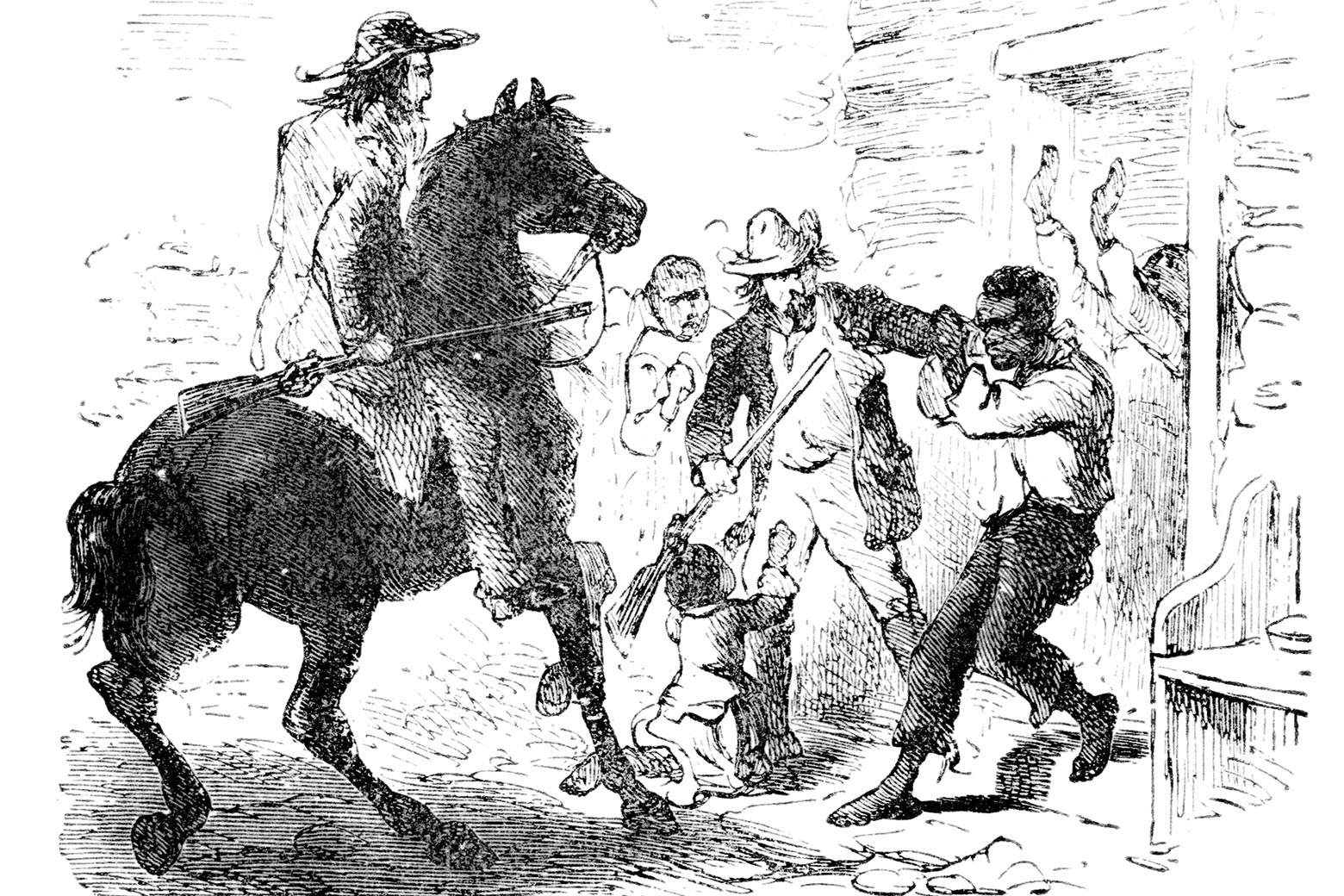
"The Fugitive Slave Act of 1850 mandated that free states return runaway slaves and incentivized the capture of free people into slavery, reshaping American politics."
"The reaction to the Fugitive Slave Act led figures like Charles Sumner to become deeply involved in antislavery advocacy, significantly altering their careers and political trajectories."
"The antebellum period, especially the impact of the Fugitive Slave Act, serves as a historical parallel to contemporary issues surrounding detentions and deportations in the U.S."
The Fugitive Slave Act of 1850 was a critical turning point, mandating that free states return runaway slaves and incentivizing the capture of free people into slavery. This law transformed political dynamics, prompting individuals like Charles Sumner to engage actively in the antislavery movement. His work with vigilance committees reflected a broader response among local politicians and communities, illustrating the interconnectedness of personal convictions and political activism. The parallels drawn between antebellum America and contemporary immigration policies highlight ongoing struggles around the themes of freedom, justice, and human rights.
Read at Slate Magazine
Unable to calculate read time
Collection
[
|
...
]